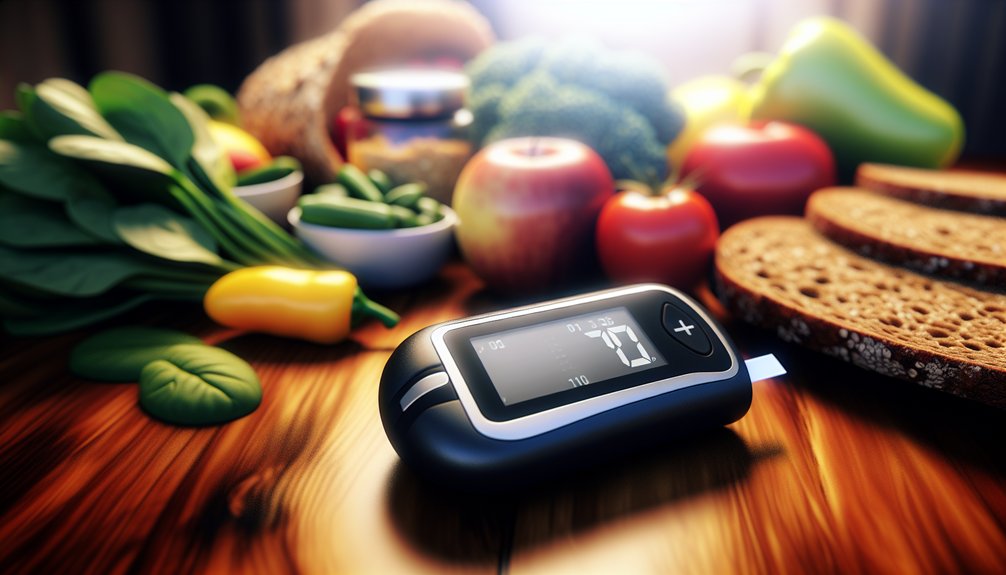Managing diabetes in teenagers can be a tough ride. One moment they feel on top of the world, and the next, they’re overwhelmed by insulin doses and blood sugar tests. Many face the challenge of balancing strict management with teenage life. With supportive families, technology like glucose monitors, and knowledge about healthy eating, they gain control. It’s a journey, filled with ups and downs, but hope shines through as they learn to navigate their health. More insights await!

Managing diabetes in teenagers can often feel like maneuvering through a rollercoaster of emotions, where the highs are exhilarating and the lows can be challenging. With over 175,000 youths in the U.S. living with type 1 diabetes, many teens find themselves steering through a complex world of blood sugar levels, insulin doses, and lifestyle choices. Each day can feel like a game of chance, where one moment they might feel on top of the world and the next, overwhelmed by the weight of their condition.
Unfortunately, more than 70% of these teens struggle to maintain ideal glycemic control. This isn’t just numbers; it translates to real risks for their future, including serious complications like heart disease and neuropathy. The reality is that adolescence, with its natural push for independence, often clashes with the strict demands of diabetes management. It’s challenging when peer pressure and the desire for autonomy pull them away from their health routines. Carbohydrate counting has become an essential skill for maintaining healthy blood sugar levels, especially when choosing whole grains and unprocessed foods.
The secret to better management lies in knowledge and support. Teens need to understand their condition and how to manage it, which is often easier said than done. Blood glucose monitoring becomes an essential part of their daily lives, yet many adolescents find it hard to keep up. Peer interactions are crucial for providing emotional support and sharing experiences that can help navigate the challenges of diabetes. Additionally, accessing live news updates about diabetes management can help teens stay informed about the latest strategies and tools available to them.
Collaborative care involving healthcare providers and family can create a safety net, offering guidance and encouragement. To foster adherence, nonjudgmental family support is vital. When families approach diabetes management with understanding rather than criticism, teens feel empowered to take charge.
Technology, like continuous glucose monitors, can also make a significant difference, simplifying self-care and making it feel less burdensome. Ultimately, encouraging a balanced lifestyle, with regular physical activity and healthy eating, can lead to better outcomes.
As these teens learn to integrate diabetes management into their lives, they can transform challenges into triumphs, creating a future filled with possibilities.
